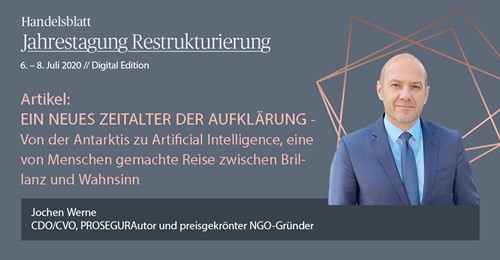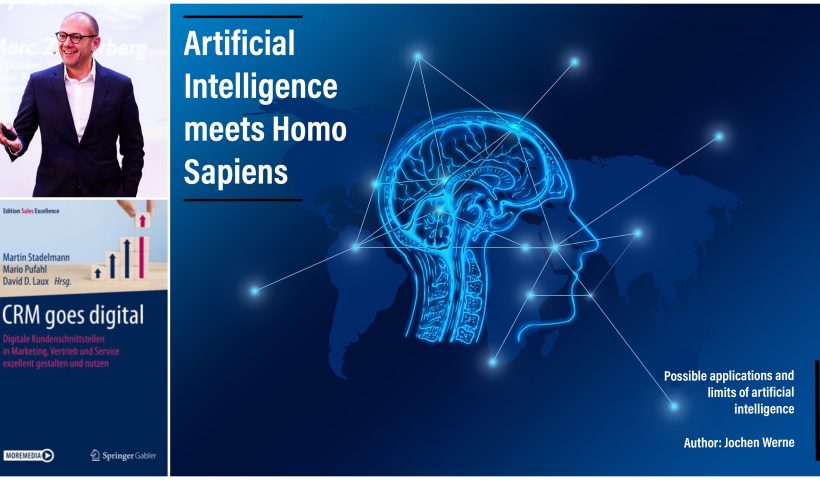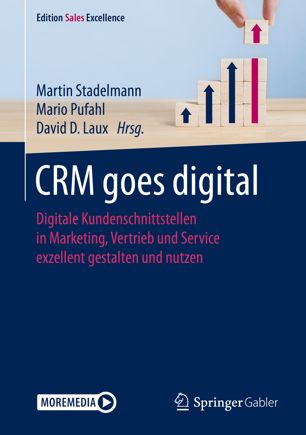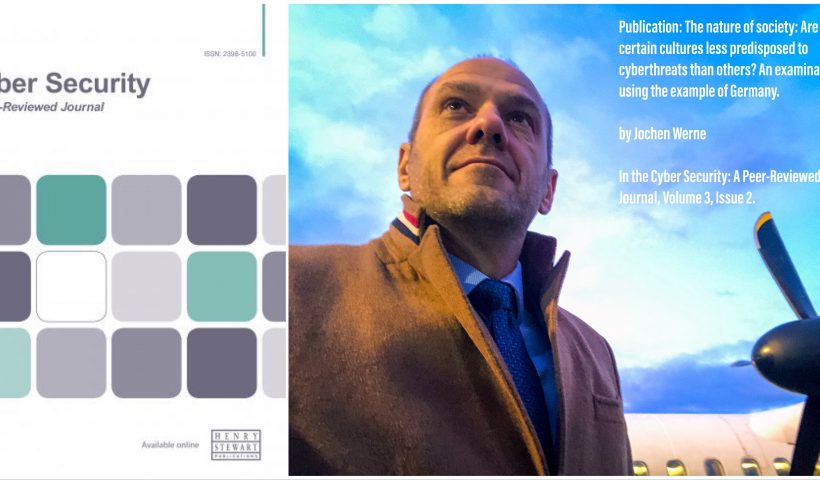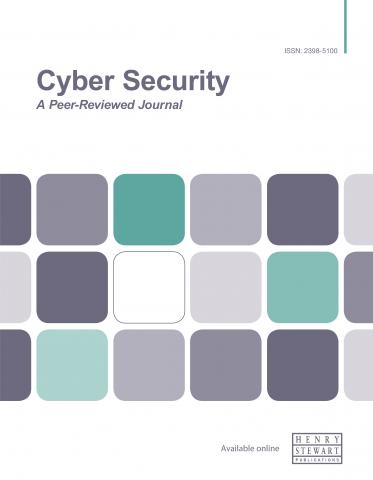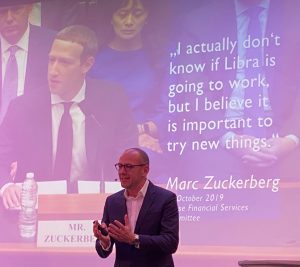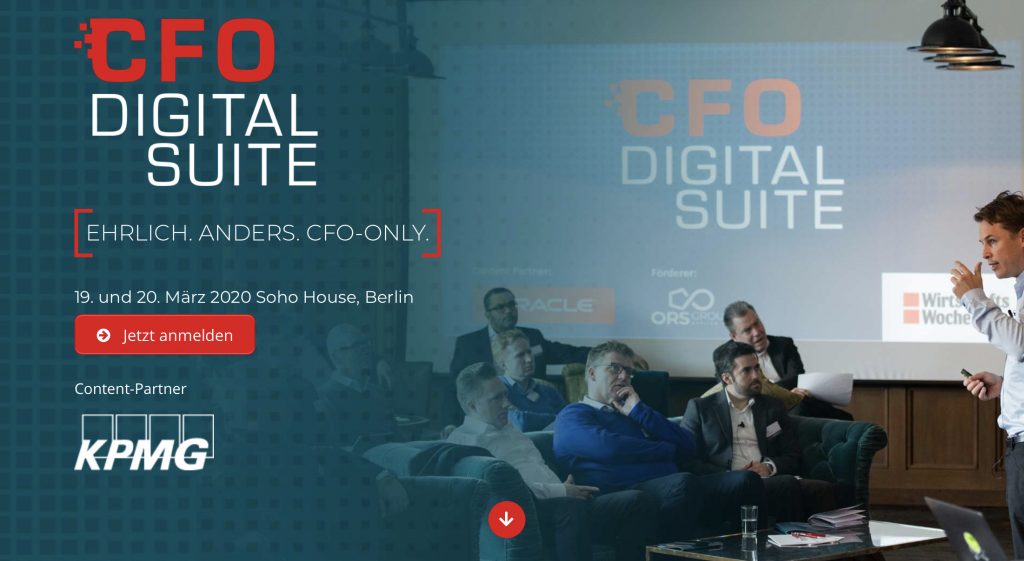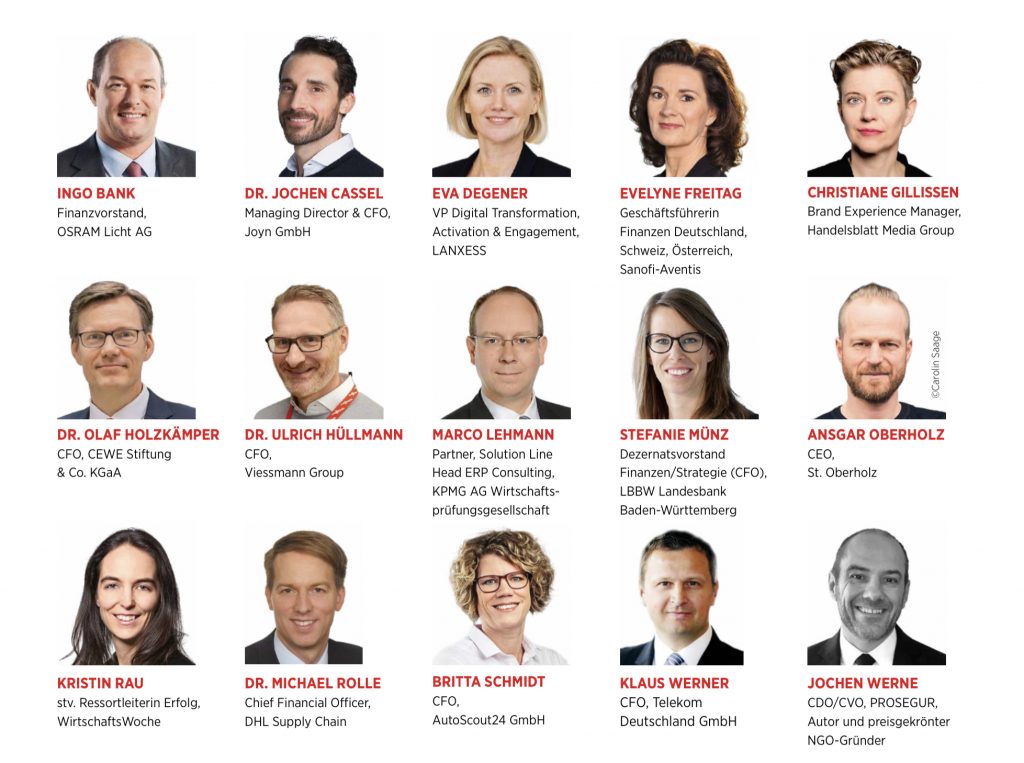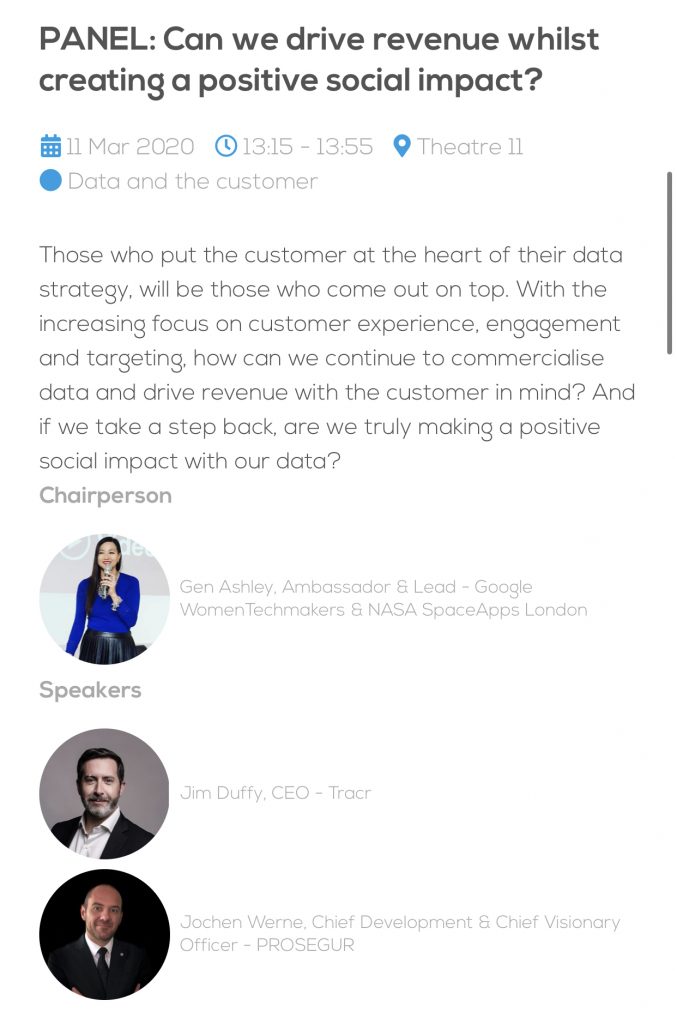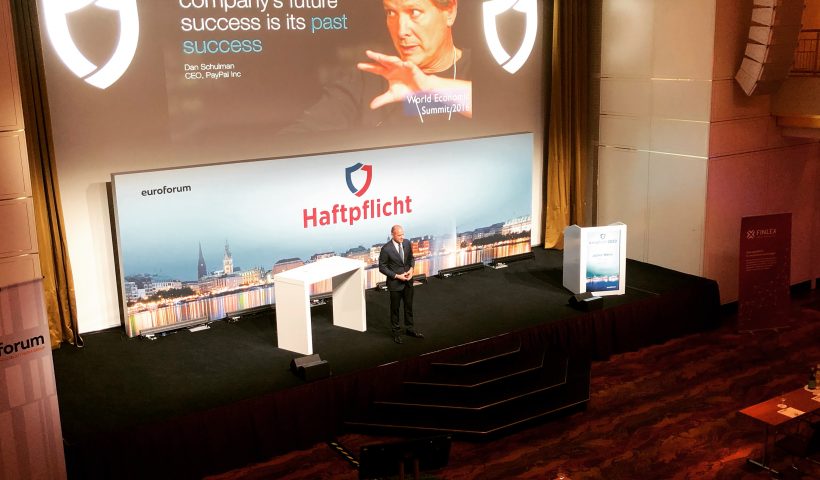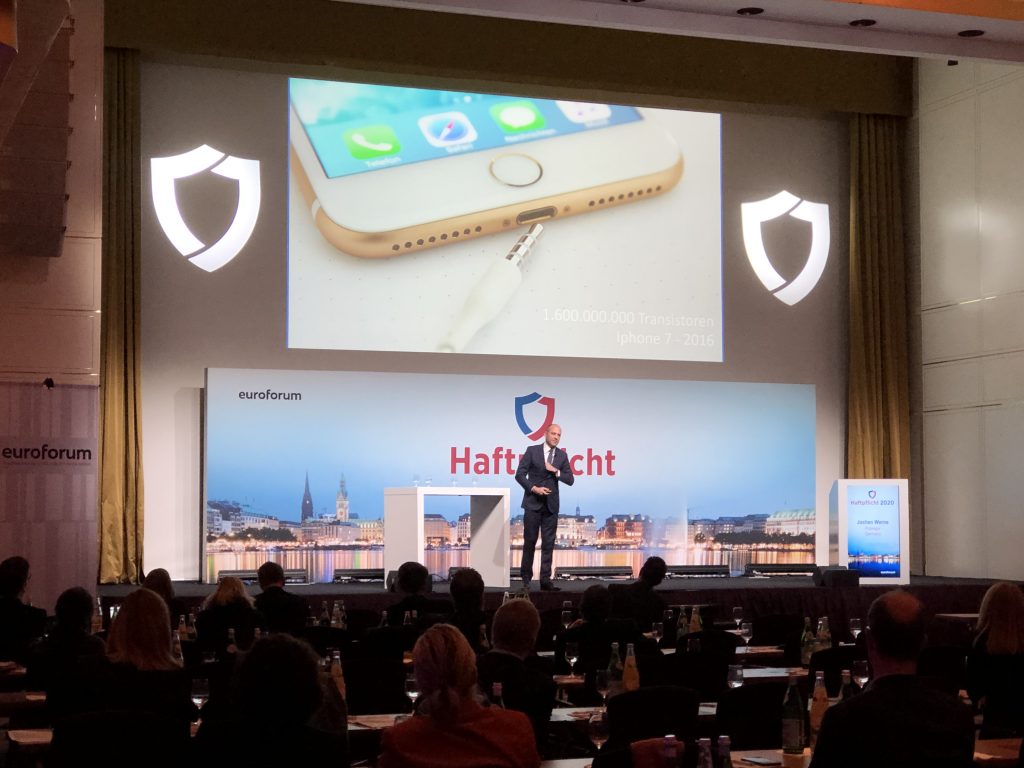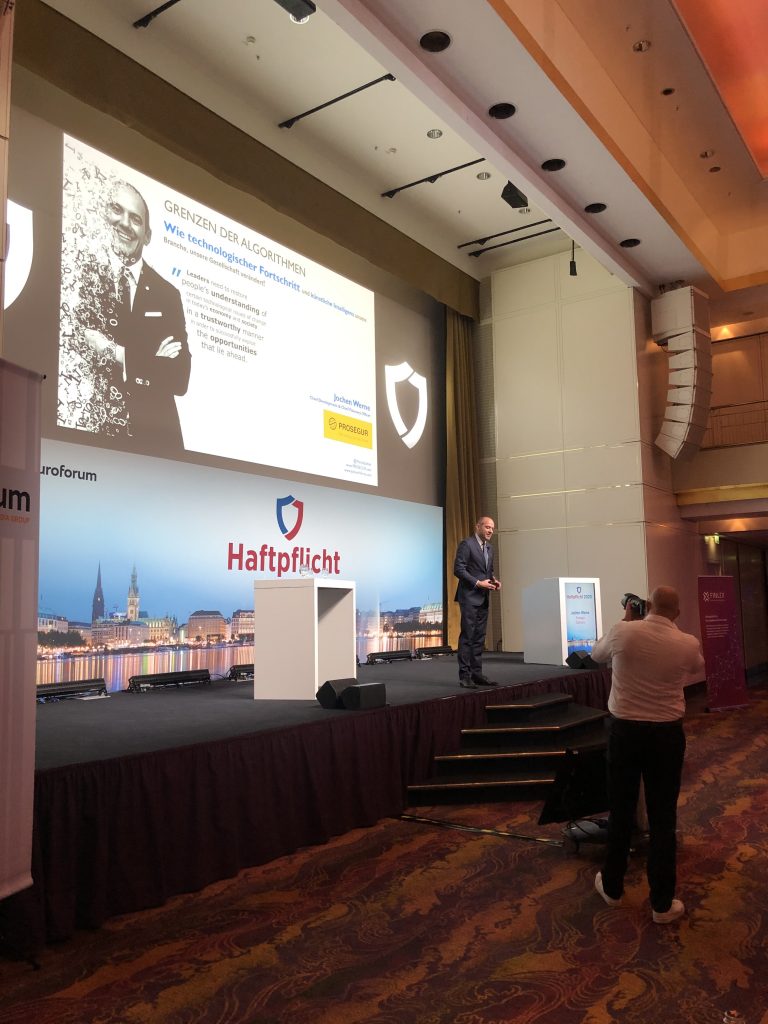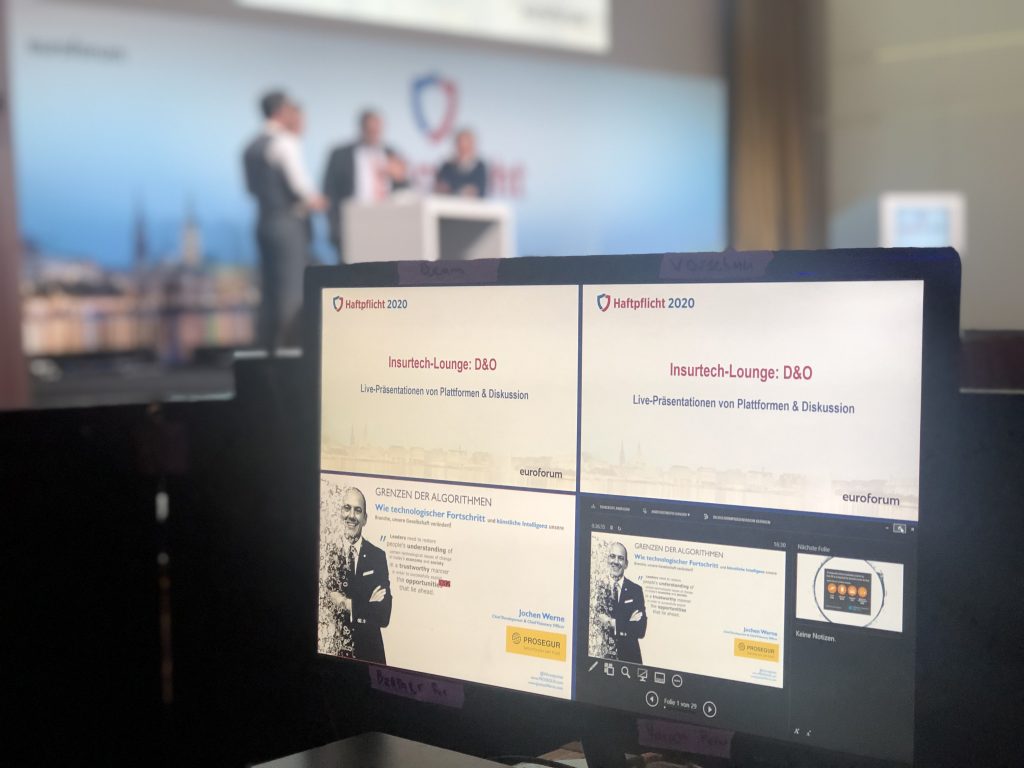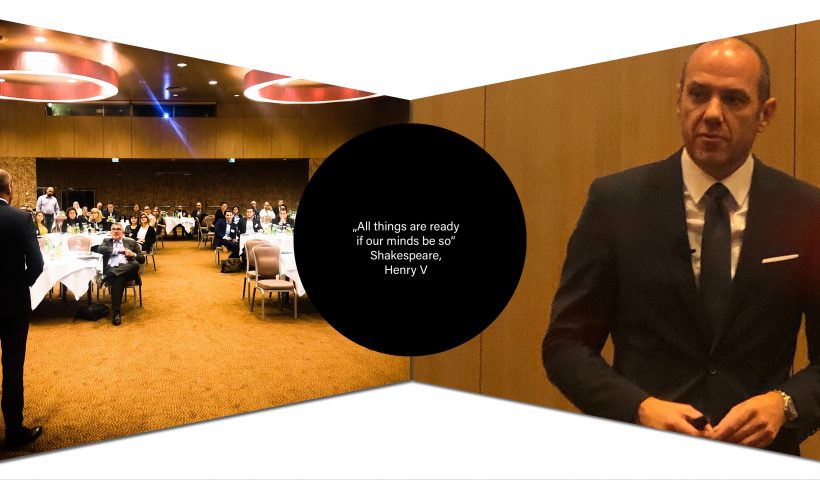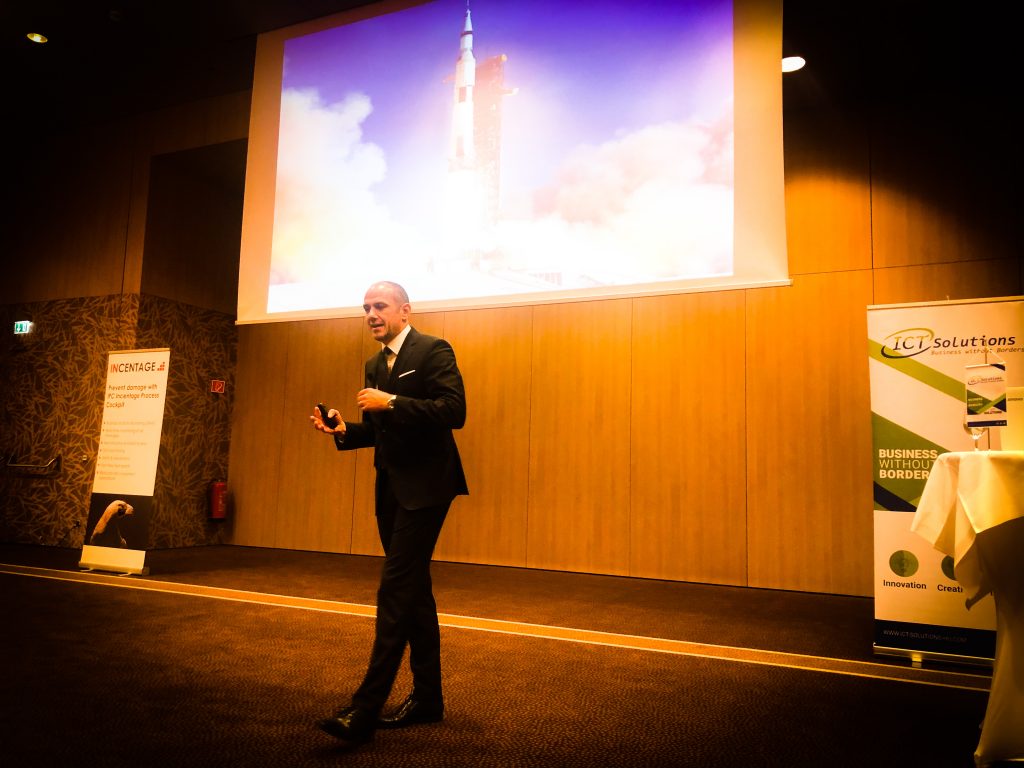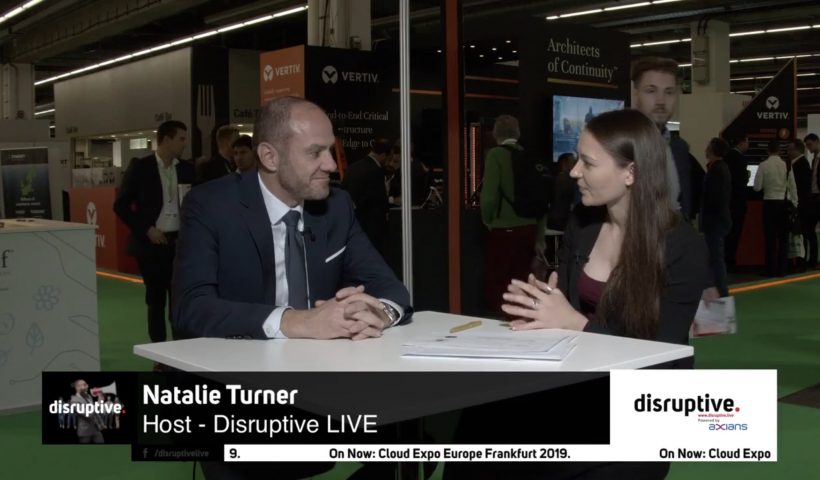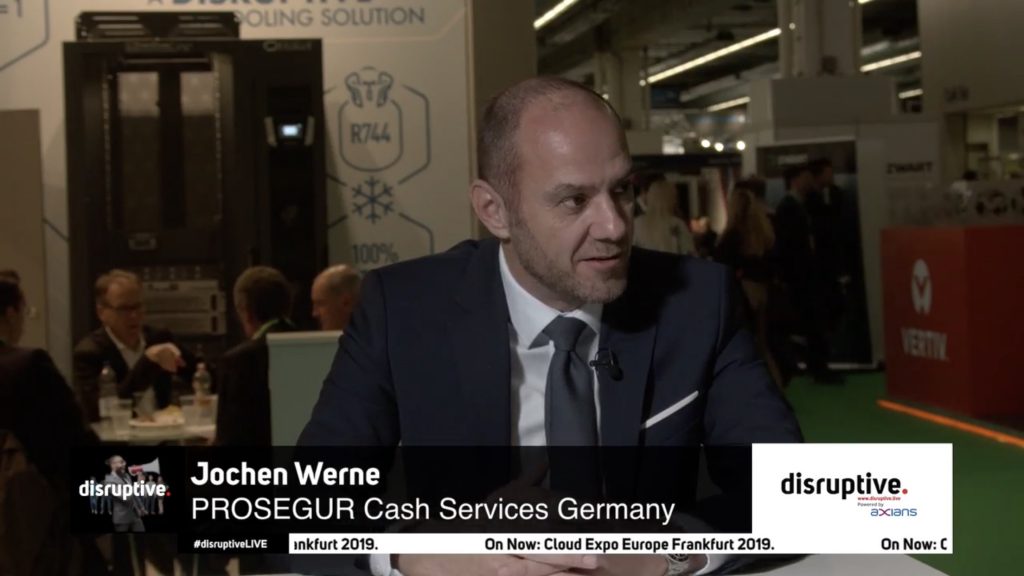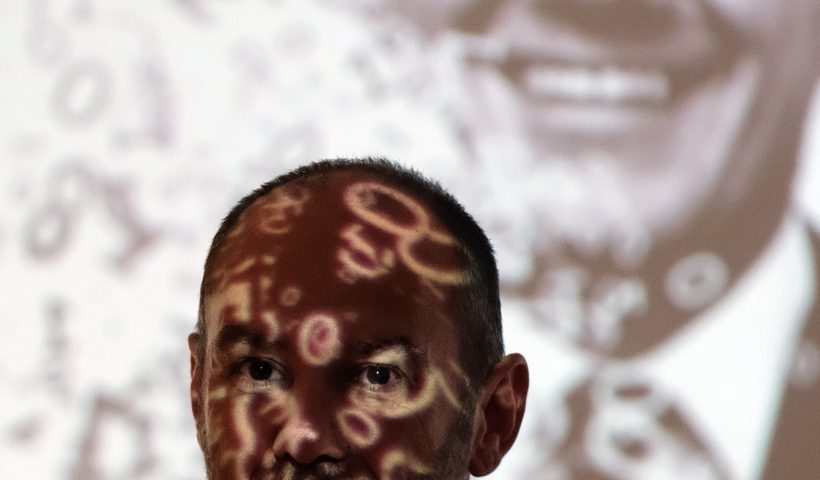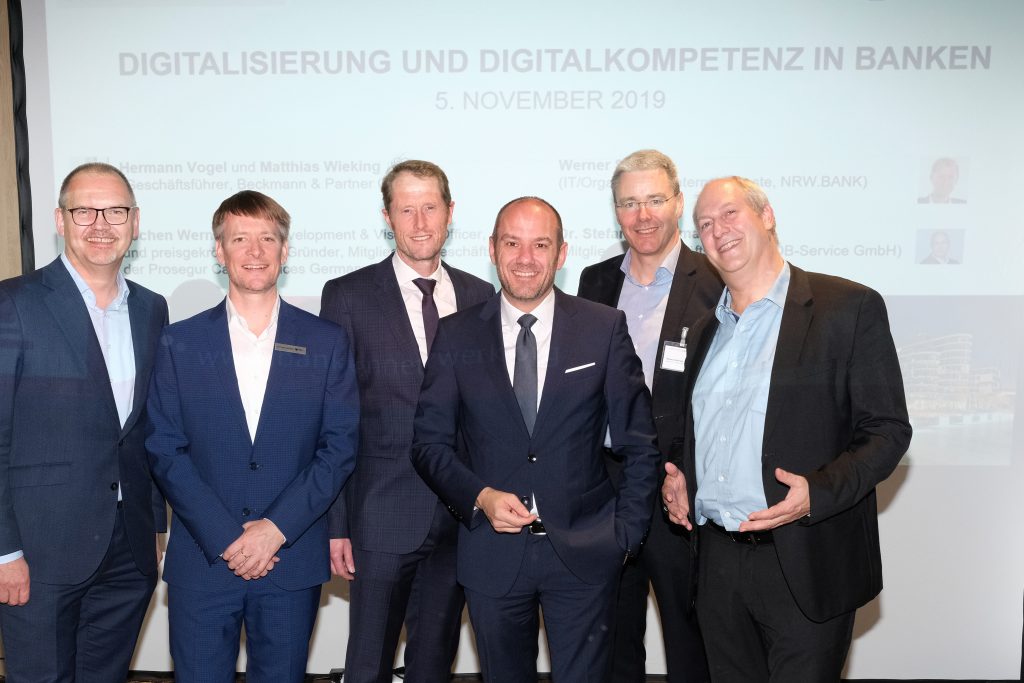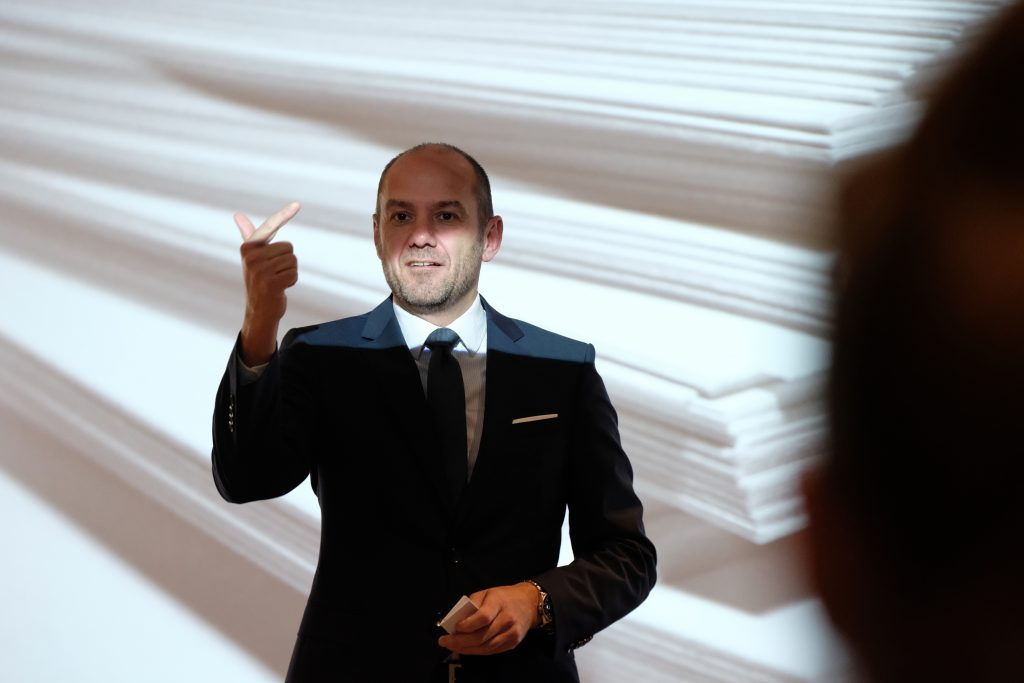Von der Antarktis zu Artifical Intelligence, eine von Menschen gemachte Reise zwischen Brillanz und Wahnsinn
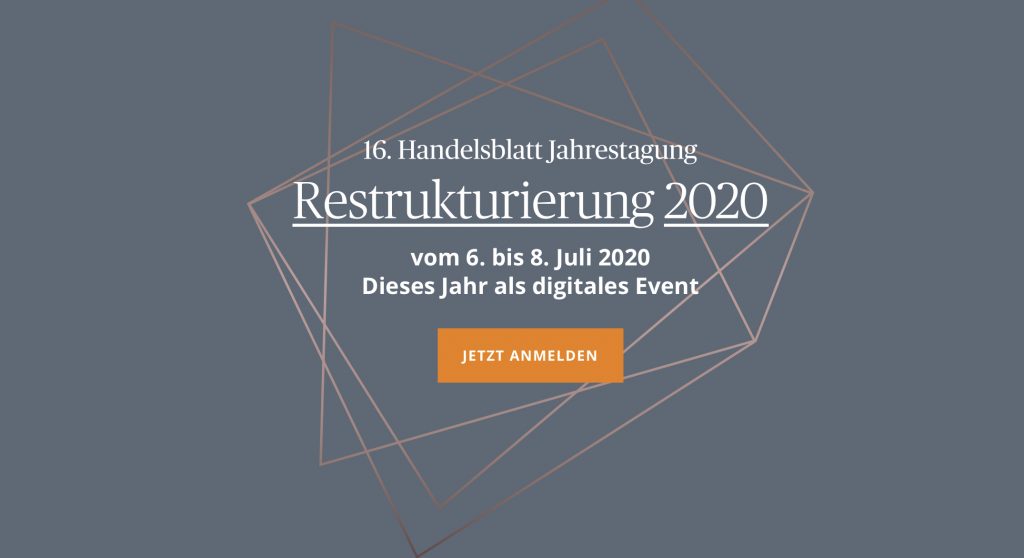
Autor Jochen Werne – Ein Blogbeitrag für die Handelsblatt Jahrestagung Restrukturierung
Bei sorgfältiger Betrachtung unserer Vergangenheit stoßen wir auf eine faszinierend und teilweise schizophren anmutende Menschheitsgeschichte von partiellem Wahnsinn und absoluter Brillanz – nicht nur, wenn es um den Einsatz neuer Technologien geht. Werfen wir einen Blick in einige dieser Geschichten.
1961 HAVANNA, KUBA: Die Welt steht am Rande eines nuklearen Holocaust. Eine Realität entstanden durch die Auswirkungen des kalten Kriegs, politischer Doktrinen, harter Grenzen und nicht zuletzt technologischen Fortschritts. Nur Diplomatie und der reine Instinkt für das Wesen der menschlichen Existenz auf beiden Seiten verhinderten das Schlimmste.

Eine Geschichte, die die prekäre Lage der Welt zu jener Zeit besonders gut widerspiegelt findet sich in dem indirekten Angebot Fidel Castro an die Sowjetunion, „das Problem“ zu lösen und die kommunistische Revolution durch den Abschuss von Atomraketen von kubanischem Boden, zum Sieg zu tragen. Sein Kampfgefährte Che Guevara ging sogar noch einen Schritt weiter, indem er sagte: „Wir sagen, dass wir den Weg der Befreiung beschreiten müssen, auch wenn er Millionen von Atomkriegsopfern kosten kann. Im Kampf auf Leben und Tod zwischen zwei Systemen können wir an nichts anderes denken als an den endgültigen Sieg des Sozialismus oder seinen Untergang als Folge des nuklearen Sieges der imperialistischen Aggression.” 1962 antwortete der ehemalige Erste Sekretär der Kommunistischen Partei der Sowjetunion, Nikita Chruschtschow, in einem Brief an Fidel Castro, dass er mit der Idee nicht einverstanden sei, weil sie unweigerlich zu einem thermonuklearen Krieg führen würde und dass es doch noch eine Welt bräuchte, in die die Revolution getragen werden könnte.

1961 NEW YORK, USA: Im selben Jahr ratifizieren 12 Nationen einen Vertrag zur gemeinsamen Verwaltung eines ganzen Kontinents. Ein Kontinent, der größer ist als die Vereinigten Staaten. Ein Kontinent, der 90% der Süßwasserreserven der Welt beheimatet und für das Klima unseres Planeten von außerordentlicher Bedeutung ist: die Antarktis. Es ist das Jahr, in dem einer der ermutigendsten Verträge der Menschheit unterzeichnet wurde – der Antarktis-Vertrag.
OPEN-SOURCE-KONZEPT: Der Vertrag – beinhaltet mehrere Kapitel zur ausschliesslich friedlichen und wissenschaftlichen Nutzung der Antarktis. Damit einhergehend regelt der Vertrag auch die gemeinschaftliche Nutzung aller Forschungsergebnisse und Daten. Ein Konzept, das für die damalige Zeit revolutionär erschien und das für die Findung von Lösungen für die großen Herausforderungen unserer Zeit – wie Klimawandel oder die effektive Bekämpfung einer Pandemie – von entscheidender Bedeutung sind.
2020 PLANET ERDE. In der Geschichte haben wir oft die positiven wie auch die negativen Auswirkungen auf die Gesellschaft unterschätzt, die von revolutionären Technologien ausgehen. Doch kann Technologie selbst nicht mit den Begriffen gut oder schlecht beurteilt werden. Vielmehr muss beurteilt werden, wie die Gesellschaft diese nutzt. Heute stehen wir wieder am Rande einer solchen gesellschaftlichen Herausforderung.
Wir leben in einer global vernetzten Welt. Technologischer Fortschritt hat Daten zu einer der wichtigsten Ressourcen gemacht. Der Mitbegründer von Twitter, Evan Williams, erklärte in einem Interview der New York Times 2017 überraschenderweise das Folgende: „Ich dachte, wenn alle Menschen frei sprechen und Informationen und Ideen austauschen können, wird die Welt – automatisch – zu einem besserer Ort. Ich habe mich geirrt“.
Man könnte leicht den Eindruck gewinnen, dass dieses Phänomen neu ist, aber Niall Ferguson, Geschichtsprofessor und Senior Fellow des Hoover Institutes ist davon überzeugt, dass der heutige technologische Fortschritt und seine Auswirkungen auf die Gesellschaft mit der Erfindung des Buchdrucks durch Johannes Gutenberg im 15. Jhdt. vergleichbar sind. Die Druckerpresse hatte viele positive Auswirkungen auf den Fortschritt der Menschheit und katapultierte die Bibel 200 Jahre lang auf den ersten Platz der Buch-Bestsellerliste. Leider machte die gleiche Technik “Malleus Maleficarum”, auch bekannt als der „Hexenhammer“, für dieselbe Zeit zur Nummer 2 auf dieser Liste. Das Buch war die Grundlage für die Hexenjagd und brachte so vielen Unschuldigen den Tod. Sicherlich würde man heute die Inhalte des Buches als „Fake News“ bezeichnen.
GEGENWART & DIE WELT VON MORGEN
Wir alle gestalten heute die Welt von morgen, und unser Streben hat bereits zu viel Gutem geführt. Technologie und menschliche Kreativität haben bspw. dazu beigetragen, die Armutsquote weltweit massiv zu senken. In den letzten 25 Jahren wurden hierbei mehr als eine Milliarde Menschen extremer Armut befreit.

Betrachten wir den Moment so kommt man nicht umhin der aktuellen COVID-19-Pandemie einige Zeilen zu widmen. Es ist eine globale Herausforderung und könnte gleichzeitig die nächste Geschichte des menschlicher Brillanz und Wahnsinns sein. Wir werden dank der KI-basierten Analyseelemente enorme Fortschritte in der medizinischen Forschung und bei den Maßnahmen zur Pandemiebekämpfung erleben. Wir werden aber auch Zeugen einer Rezession werden, die historisch gesehen immer ein Element für Populismus und Nationalismus war. All dies in einem Umfeld von Angst und geschlossenen Grenzen. In diesen Situationen, in denen sich viele von hilflos fühlen, ging Wandel immer von fortschrittlichen Denkern aus, die von ihren Ideen überzeugt waren, von Kant über Ghandi bis zu den Vordenkern der heutigen Zeit.
In unserer offenen Gesellschaft und mit Machine- und Deep Learning Technologien in unseren Händen haben wir die Möglichkeit die Welt zu einem besseren Ort zu machen. Wir können in unseren Berufen viel Neues bewegen, und wir können gegen polarisierende Bewegungen und Ungerechtigkeit in jeder Hinsicht aufstehen und uns Gehör verschaffen. Wir können unsere Kreativität und unseren Intellekt einsetzen, um „den Fortschritt des Denkens” zu verteidigen, der schon immer das Ziel hatte, den Menschen von seiner Angst zu befreien“, genau wie es eines der Ziele des Zeitalters der Aufklärung war.
Quellen:
https://www.plattform-lernende-systeme.de/home-en.html
http://www.niallferguson.com
http://antarcticblanc.com
https://www.ats.aq/index_e.html
https://www.nytimes.com/2017/05/20/technology/evan-williams-medium-twitter-internet.html
Fotoquelle: https://pixabay.com

